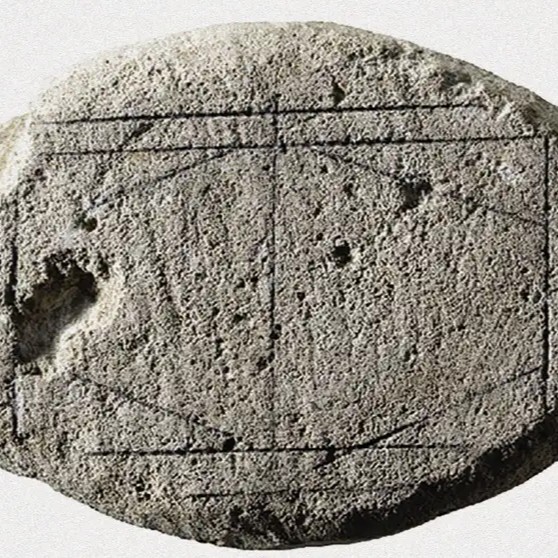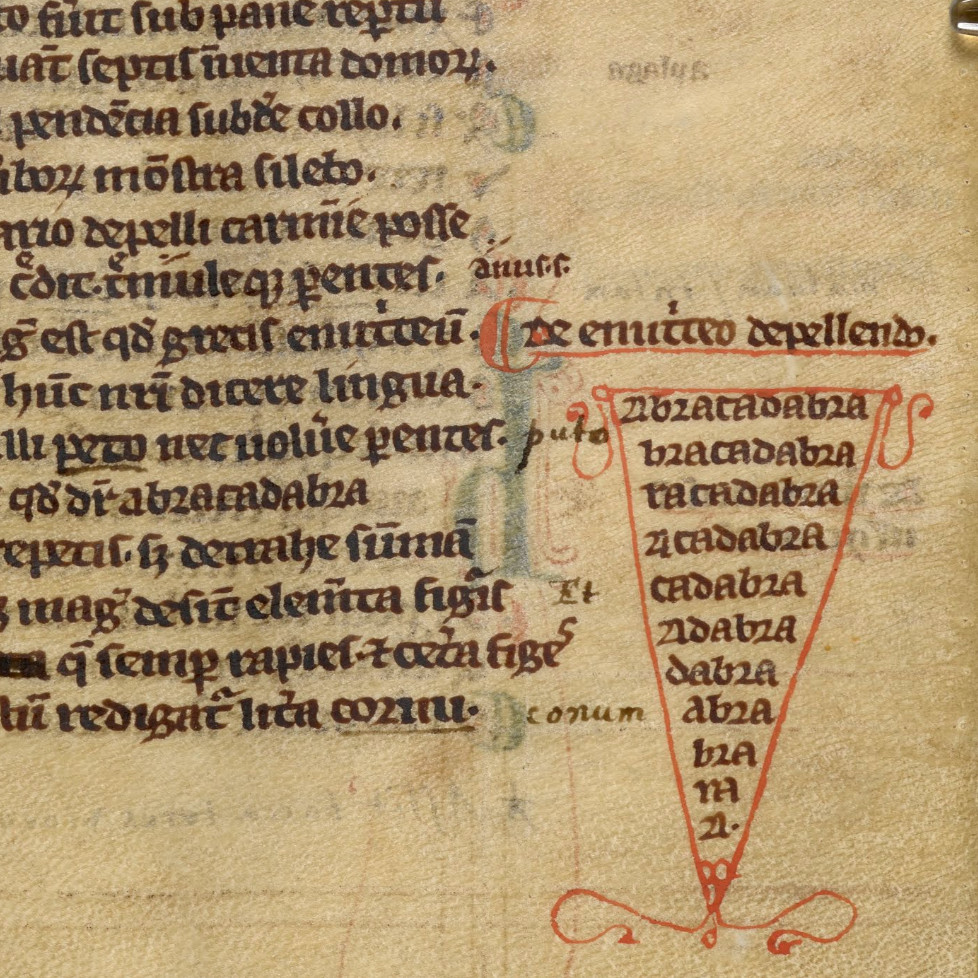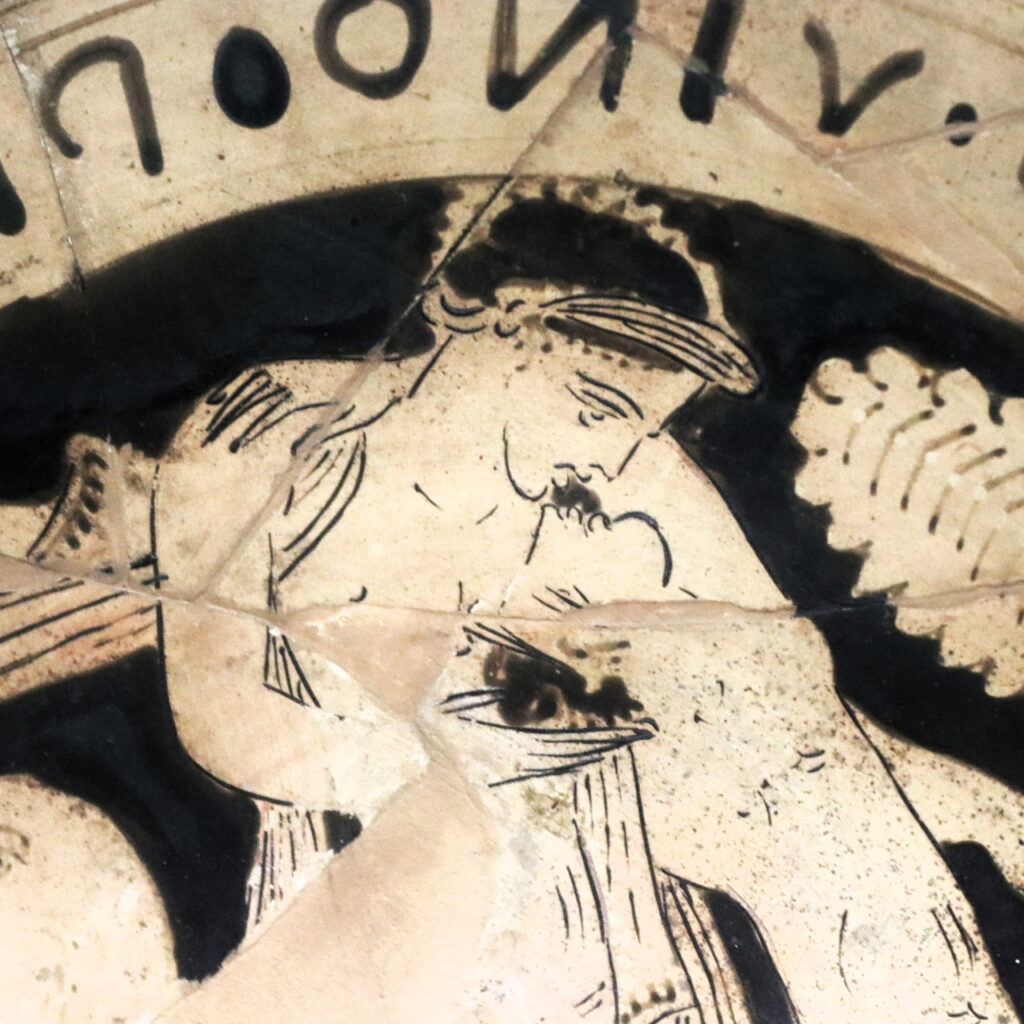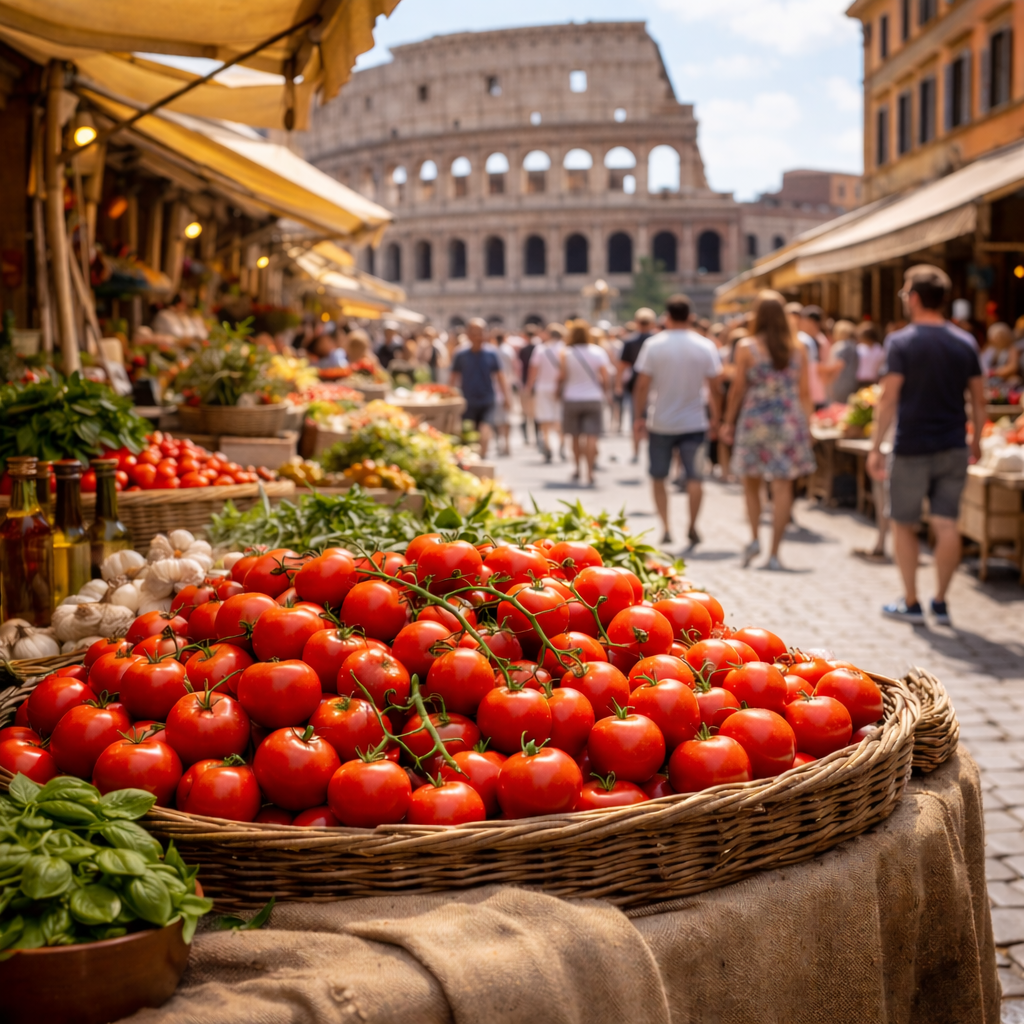Translated from french (please notify us of errors)

Framing the entrance to Modestus’s bakery in Pompeii[1], two plaques set into the wall greeted arriving customers. The first, on the right, is relatively discreet. It depicts a phallus arranged horizontally, without exuberance. The other, on the left, is quite different: the organ is completely disproportionate to the size of its bearer. The latter, arms raised, holds a bag of coins in one hand and an unidentified object in the other[2].
A few streets away, the bakery presumably belonging to Caius Julius Polybius is not to be outdone[3]. There, it is above the oven that the baker chose to place a terracotta plaque adorned with an erect phallus. An inscription completes the image: Hic habitat felicitas. “Here dwells good fortune”, meaning happiness, but also fertility, fecundity and luck.

Phalluses everywhere, trouble nowhere
Anyone who has walked through Pompeii knows that bakers do not hold a monopoly on the “baguette”: everywhere, representations of virile members catch the eye.
However, this had no direct sexual connotation. For the Romans, the phallus was a symbol of fertility, protection and power. It represented not only virile strength, but played an apotropaic role, meaning it was believed to have the capacity to repel negative influences, such as the evil eye. These virtues are embodied by the Greco-Latin deity Priapus[4], whose representations are recognisable at first glance.
Laughter is good against the evil eye

The visual disproportion of the virile attributes served to capture the gaze, then to provoke surprise and hilarity. This reinforced the effectiveness of the good-luck charm: those who laugh do no harm.
In the context of bread-making, the warding off of bad luck takes on particular significance. The failure of fermentation or the rising of bread represented a grave threat to the baker’s work and livelihood.
In archaic thought, the miracle of the rising of dough is directly associated with fecundity due to the symbolism of fermentation. Leaven, which “swells” the dough, was seen as a metaphor for growth and reproduction. This process of transformation, in which the dough increases in volume, evoked creative power and fertility, central themes in Roman religion and in the agricultural rites linked to prosperity. Bread, the product of this transformation, is a symbol of life.
[1] PompeiiinPictures, VII.1.36 Pompeii. Modestus Bakery.
[2] Thomas R Blanton Iv. Apotropaic Humor: The Fresco of Priapus in the House of the Vettii. Archimède : archéologie et histoire ancienne, 2022, Le phallus dans l’Antiquité (HS n° 2), pp.167- 182.
[3] PompeiiinPictures, VI.6.17 Pompeii. Bakery and dwelling house.
Other articles in English from the Nunc est bibendum blog








